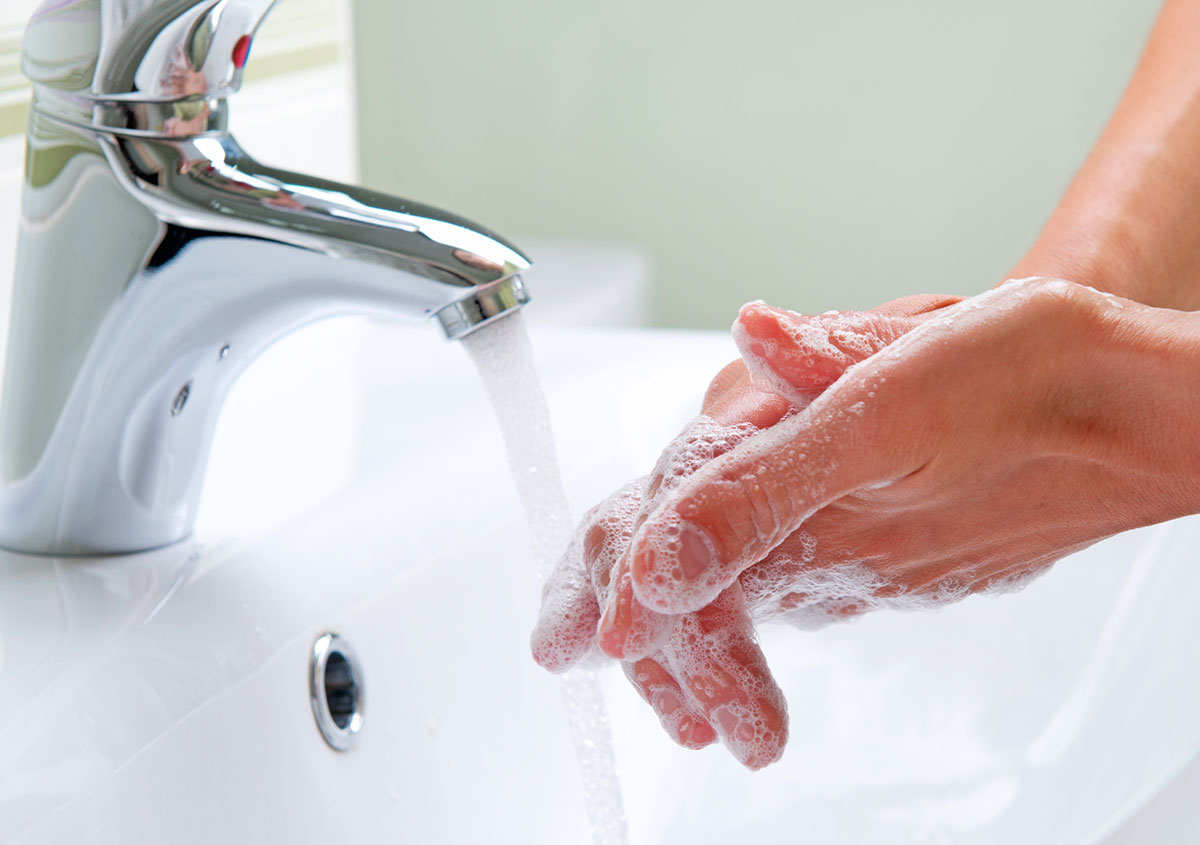
31
Jul
How Does COVID-19 Affect the Skin?

Scientists across the globe are working around the clock to learn as much as we can about COVID-19. There is growing evidence that this novel coronavirus can affect the skin in several ways. Changes to the ears, nose, fingers, and toes have all been observed, and these skin conditions associated with COVID-19 have reportedly been found in as many as 20 percent of patients.
Timing of Symptoms
It has been established that COVID-19 can cause a wide range of symptoms, which manifest in varying orders and with varying degrees of severity. In a little more than half of cases, skin changes present after other more well-known symptoms such as fever, cough, headache, and sore throat. However, 13 to 15 percent of cases may see these skin changes appear simultaneously or even before other symptoms.
What to Look For
COVID-19 skin changes are highly variable. Examples include:
- Red to brown bruise-like spots
- Blisters
- Hives
- Round plaques that resemble ringworm
- Red to purple papules on the tips of the ears, nose, fingers, and toes
- Severe skin lesions with crusting or ulcerations
Additionally, these skin symptoms are known to be painful and itchy. They are also made worse following exposure to cold. These skin changes tend to be more severe with younger patients (including children) and portend a more benign prognoses. COVID-19 skin conditions appear to be self-limited and resolve in 1 to 2 weeks on average.
What to Do If You Experience COVID-19 Skin Symptoms
If you notice any of these skin manifestations of COVID-19, there are several important considerations. First, if you have not been tested for COVID-19, it is recommended that you get tested and self-quarantine as COVID-19 is infectious. Some skin changes that are consistent with vasculitis/angiitis (inflammation of blood vessels) and thrombotic vasculopathy (clotting/blood vessel disorder), without another explanation, may be indicators of a COVID-19 infection. Other studies are generally unnecessary unless the skin changes are severe. Secondly, consider speaking with a board-certified dermatologist about your skin changes. Treatment with cold avoidance, topical steroids, calcium-channel blockers, pentoxifylline, and/or aspirin (used with caution in children) may be recommended to minimize and alleviate symptoms.
There is still a lot to learn about this virus and how it affects the human body. To protect yourself, follow local health recommendations including frequent hand washing, wearing of masks, and social distancing. If you observe any of these skin changes in yourself or in a family member, contact board-certified dermatologist Dr. Brandon Kirsch. Dr. Kirsch can advise you and recommend next steps. For more information, call (239) 300-9767 or contact Kirsch Dermatology online today.

